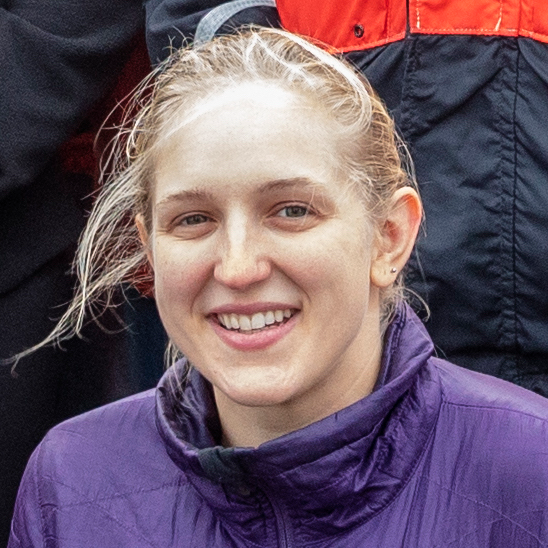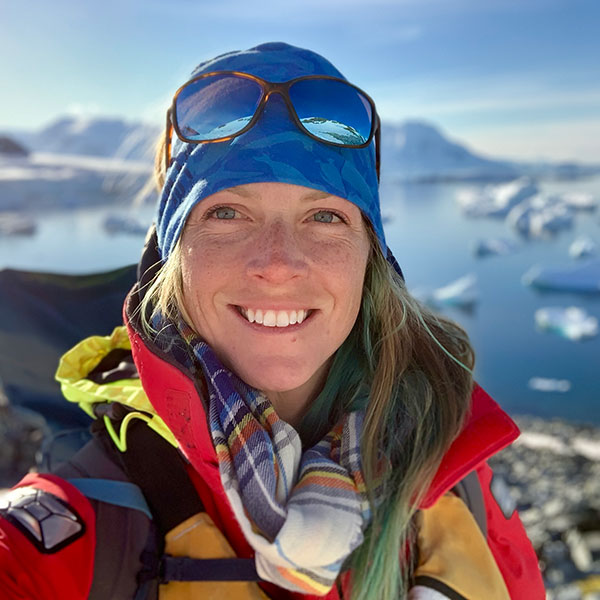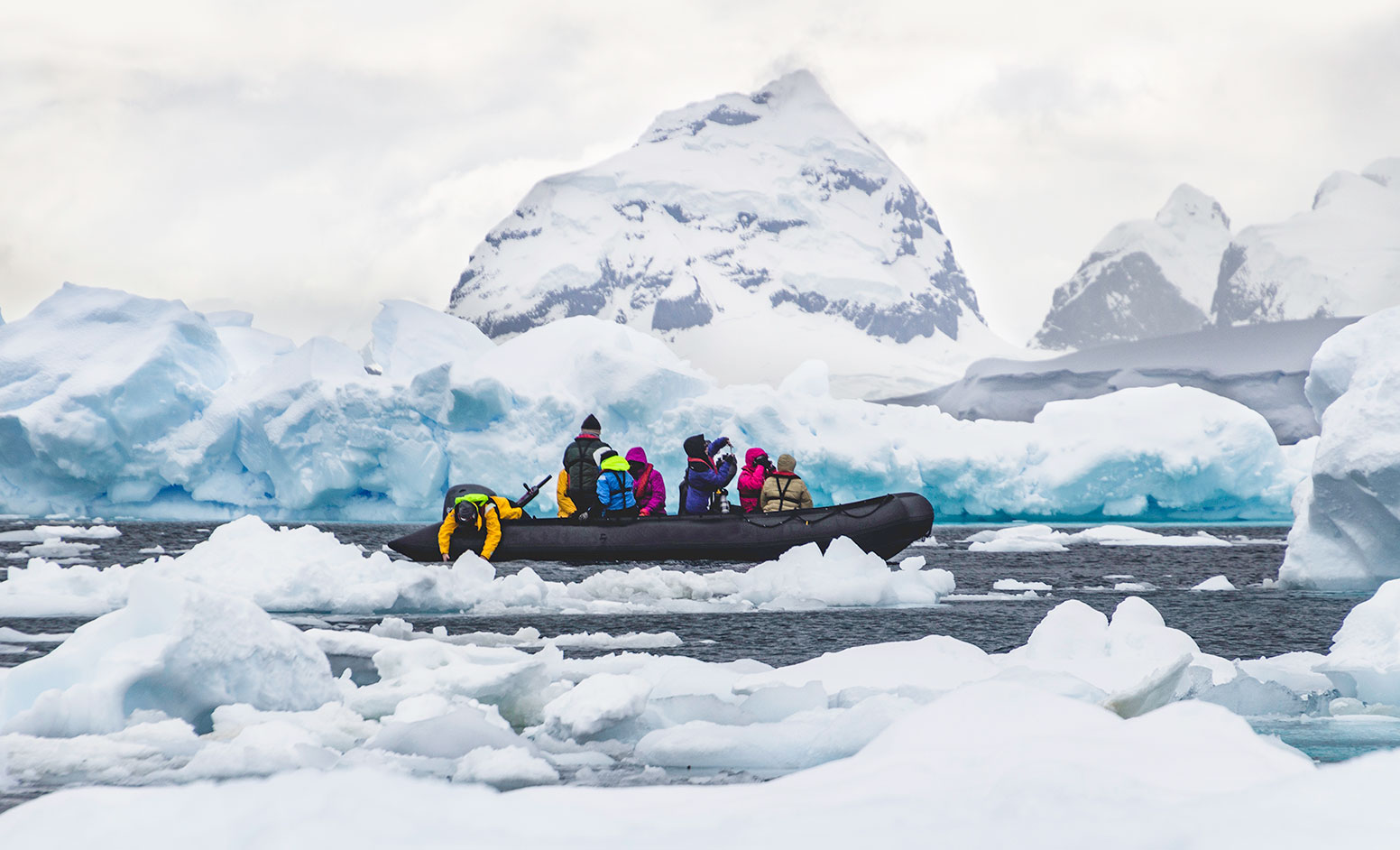OCEANOGRAPHY
STUDENT NEWS
FROM THE REP
 COVID-19. I’m sure that you’re simultaneously sick of hearing about coronavirus and preoccupied with thoughts about what it means for you, your family, and your community. I empathize with your range of emotions.
COVID-19. I’m sure that you’re simultaneously sick of hearing about coronavirus and preoccupied with thoughts about what it means for you, your family, and your community. I empathize with your range of emotions.
There is so much to say about how the virus and the institutional and governmental responses are affecting people of various intersectional identities. I don’t have the space or the expertise to deal with all of that, but I want to say: If you are able, follow the guidelines for social distancing. If you are able, support and have compassion for students who might be unable to leave campus. Strive to be patient with instructors who are reworking courses for remote participation—but I also encourage you to ask for what you need with regard to accessibility of those materials.
Also, focus on how you can take care of yourself mentally and physically. Movement can help with cabin fever—I suggest going outdoors or checking out YouTube videos for yoga or dance workouts. Set up extra video chats with your family and friends to help combat loneliness. Consider joining a Slack or other remote coworking community such as Grad Student Slack or Grad Write Slack—or our new TOS Student Slack. Connect with both senior and near-peer mentors for advice and comfort as we all navigate this uncertain time.
It’s so important to give yourself permission and tools to take breaks as well! Turn off the news and Twitter when it gets overwhelming, go for a walk outdoors, bake some cookies, play some loud music. Do whatever helps you find some joy.
If you’d like to talk to other TOS student members, follow and tweet @TOSOceanography. I’ll retweet threads and conversations that seek to build community!
— Chrissy
Join the new TOS Student Slack community!
TOS STUDENT HIGHLIGHT
 ALLISON CUSICK. My fascination with polar oceanography started in 2013, when I was sent by my employer on a research vessel for a 53- day expedition to the Ross Sea. After this first ocean-going experience to a part of the world that felt extraterrestrial, I was hooked to pursue a career in biological oceanography. In 2016, I started graduate school at Scripps Institution of Oceanography with Maria Vernet as my advisor. The main motivation for returning to school was my excitement about being trained by top experts in the field and the potential to grow a strong foundation as a critical thinking scientist. Prior to grad school I had worked as a technician in various disciplines for 10 years. I am the only person in my family to go beyond high school, and receiving a bachelor’s degree in biology from the University of Washington served me well for that decade. It allowed me to explore what I really “wanted to be when I grew up.” Graduate school is an entirely different world. While I immensely enjoy discovering more about Antarctic ecosystems through a combination of fieldwork, laboratory studies, and computational analyses, a huge portion of my research could not be done without the partnerships I have cultivated with the polar tourism community. The citizen science project—FjordPhyto— has been an amazing way to involve travelers in my research, has allowed me to give presentations on various ships, and is contributing data to increase our knowledge of phytoplankton communities in the polar regions. An article in the March issue of Oceanography provides more details on this project.
ALLISON CUSICK. My fascination with polar oceanography started in 2013, when I was sent by my employer on a research vessel for a 53- day expedition to the Ross Sea. After this first ocean-going experience to a part of the world that felt extraterrestrial, I was hooked to pursue a career in biological oceanography. In 2016, I started graduate school at Scripps Institution of Oceanography with Maria Vernet as my advisor. The main motivation for returning to school was my excitement about being trained by top experts in the field and the potential to grow a strong foundation as a critical thinking scientist. Prior to grad school I had worked as a technician in various disciplines for 10 years. I am the only person in my family to go beyond high school, and receiving a bachelor’s degree in biology from the University of Washington served me well for that decade. It allowed me to explore what I really “wanted to be when I grew up.” Graduate school is an entirely different world. While I immensely enjoy discovering more about Antarctic ecosystems through a combination of fieldwork, laboratory studies, and computational analyses, a huge portion of my research could not be done without the partnerships I have cultivated with the polar tourism community. The citizen science project—FjordPhyto— has been an amazing way to involve travelers in my research, has allowed me to give presentations on various ships, and is contributing data to increase our knowledge of phytoplankton communities in the polar regions. An article in the March issue of Oceanography provides more details on this project.
SEEN IN OCEANOGRAPHY
Polar Tourism as an Effective Research Tool: Citizen Science in the Western Antarctic Peninsula
By Allison M. Cusick et al.
https://doi.org/10.5670/oceanog.2020.101

FINDING THE RIGHT POSTDOC POSITIONS
Below are some online resources that provide advice on how to go about finding the right postdoc position for you—if that is your chosen path post-PhD.
How to Find the Right Place for Your PhD or Postdoc
By Elisabeth Pain
> Learn more
Finding a Good Postdoc: Tips & Resources
MIT Career Advising & Professional Development
> Learn more
How to Apply for Postdoctoral Positions and Choose the Right One
Brains Explained Blog
> Learn more
Resources for Prospective and Current STEM Postdoctoral Researchers
www.pathwaystoscience.org
> Learn more
How to Secure a Postdoc Position—Advice from Postdocs
University of Washington Career Center
> Learn more
RECOMMENDED READING
The Science of Soap—Here’s How it Kills the Coronavirus
In this opinion piece published in The Guardian, Pall Thordarson, a professor of chemistry at the University of New South Wales, Sydney, explains why soap is a “highly efficient way of killing the virus when it’s on your skin.” > Learn more
Send Us Your Feedback
Have questions or comments for the Student Rep? We need your input!
